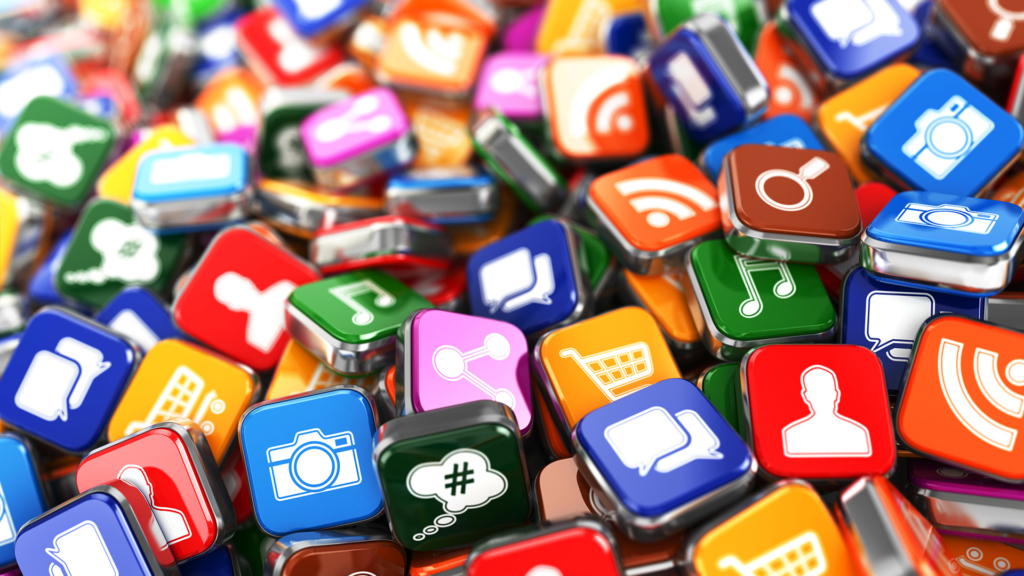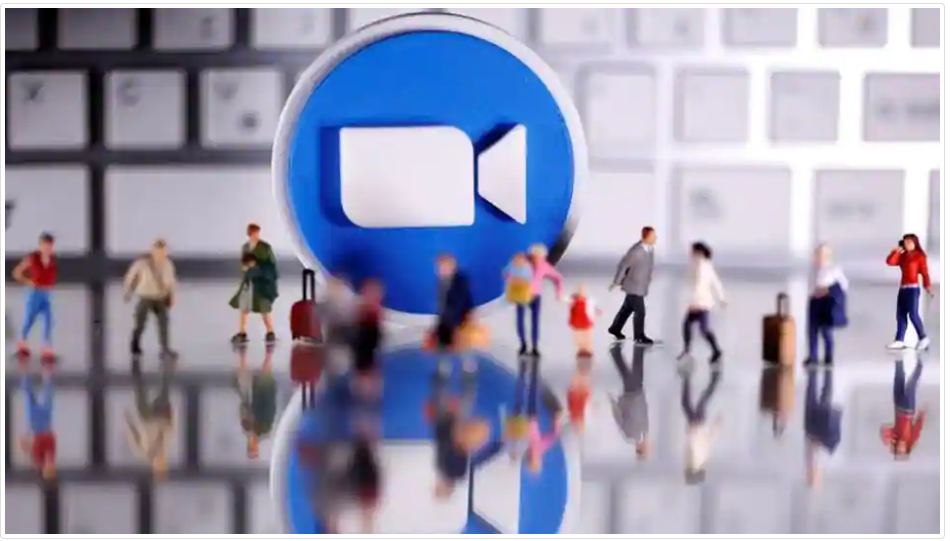Does Convenience Trump Privacy?
 Living in an anxious age has increased our propensity for risk-taking online, according to research from the digital identity tech company Callsign. Last month 1 in 5 UK customers admitted to foregoing security to buy staples like toilet paper, while a further 20% said that they had switched to a new shopping brand after a clunky user experience. “Consumers are not taking the necessary precautions to protect their online identity,” writes Callsign. “Instead, they prioritize convenience and speed of access of online goods and services.”
Living in an anxious age has increased our propensity for risk-taking online, according to research from the digital identity tech company Callsign. Last month 1 in 5 UK customers admitted to foregoing security to buy staples like toilet paper, while a further 20% said that they had switched to a new shopping brand after a clunky user experience. “Consumers are not taking the necessary precautions to protect their online identity,” writes Callsign. “Instead, they prioritize convenience and speed of access of online goods and services.”
Callsign’s research focuses on banking, but the same could be said of the apps we’re downloading to our phones. The evidence is already there with Zoom, which has been inundated with privacy concerns since the pandemic took hold. Even as high profile organisations like Google, Apple, and NASA were banning it from their employees’ devices, it was still the number one free app on Google Play. By the end of April, its user base had grown again by 50% to over 300 million.
The reason why is clear. Zoom’s user interface is great. A basic tenet of digital marketing is reducing the number of clicks a customer makes on their journey, and with Zoom you need only one link to join a meeting room. You can chat with up to 100 people for free, and anybody can join no matter their email address. On our agitated quest for a seamless tool to keep us connected, all this waves aside worries about “zoombombing”, the accidental leakage of thousands of email addresses that share a domain, or Zoom’s questionable transfer of data to Facebook without explicitly saying so in their privacy policy.
Even if we’re not handling sensitive information in our video calls to mum and dad, our lack of attention to these data breaches is symptomatic of another issue manifesting now on the Isle of Wight.
“A number of privacy concerns remain with the approach being adopted by the UK,” states a report on the NHS contact tracing app by the Joint Committee on Human Rights. Yet 65% of UK adults are in favour of the app. At least 72,300 from the Isle of Wight are already using it. One resident, speaking to The Times, said that although they would ordinarily ask why the UK has rejected Apple and Google’s decentralised model, which would reduce the risk of de-anonymisation, “the time for questions has passed”.
 That’s a worrying statement. There should always be time for questions where our data is concerned. There’s something amiss about rushing through this app, which could be implemented across England as early as next week, when questions raised in the report are still unanswered.
That’s a worrying statement. There should always be time for questions where our data is concerned. There’s something amiss about rushing through this app, which could be implemented across England as early as next week, when questions raised in the report are still unanswered.
As with Zoom, we risk bolting towards the most appealing tech solution for our current problem without first considering who has our data and how they intend to use it. Our need to ease lockdown may be more urgent than a user-friendly video chat, but the two are cut from the same cloth. When privacy protection is not enshrined, it paves the way for more invasive practices.
Once again we stand at a crossroads, and we seemingly haven’t learnt our lessons from previous controversies. Let us not forget how we fed Facebook our data – our Likes, our age, our location, our Friends – to curate a better Timeline for ourselves, only to find that Cambridge Analytica had illegally bought a chunk of it. Or the Investigatory Powers Bill, which in 2016 gave the UK government such sweeping spying powers that it was eventually ruled unlawful under EU law. Then as now, public opinion was swayed in favour of surveillance by a crisis – the threat of terror.
There’s an eery similarity between the problems pointed out in the Joint Committee on Human Rights’ report and those found with the IP Bill. There’s the same note that the intended purpose for data collection is not defined enough – which could potentially allow private companies to see our confidential data, or its integration into the state’s already huge bank of surveillance. There’s the same problem with oversight, where we lack proper mechanisms to moderate the app’s impact on our rights. There’s even the same doubt that it will work on the scale intended. Our reduced privacy might not be worth the sacrifice.
The problem isn’t necessarily how our data is used now, but more what may come later. Edward Snowden, speaking to VICE last month, called these tools “the architecture of oppression”, and pointed out that though we may trust our leaders to use them now, those same tools will be available for others later. “Do you truly believe that when the first wave, this second wave, the sixteenth wave of the coronavirus is a long-forgotten memory, that these capabilities will not be kept?” he said. “Sadly these kind of emergency powers that are born out of crises have a perfect history of abuse.”
How might our data be used in the future? Just last year, GoCompare found that declaring depression or autism forced some travel insurance premiums up by 40%. Who’s to say that this wouldn’t open the door to more choices being made for us based on our health? And if it’s now possible to tell who we’ve been geographically close to, what does that mean for political protest, or protecting journalists’ sources?
All this isn’t to say that we shouldn’t use contact tracing. If it is our best way out of this crisis, then who can argue? But in our haste to leave lockdown, and our need to stay in touch with those we love most, let’s not forget to demand proper protections for the data we hand over. Based on their track record, we can’t count on our corporations or government to do it for us.

Out here in the Rhins I’m a very long way away from most of my family and old friends. I’ve been invited to take part in Zoom conversations but have turned them down because I specifically don’t want Zoom to have access to personal information. In my case privacy does indeed trump convenience and also the need to speak to my offspring with live pictures. I can talk to them just as easily on the phone as we’ve done for years and there’s no need to get out of my slouching about clothes or to wash my face before doing so.
There is another reason as well. Some of those old friends are people I don’t really like any more. They have become more cynical or right wing or boastful as they have got older and I simply don’t want to listen to them blethering on. Far from cheering me up in lockdown it would actually make me miserable to converse with them. If we were in a pub I could simply sit out of earshot of the folk I don’t care for but on Zoom, as I understand it, everyone is trapped in their wee square on the screen. That’s not a good thing at all. One of lockdown’s advantages is that it affords peace & quiet for those who want to get it, and Zoom is just another way of taking that option away so you can listen to an amateur philosopher haivering away about bugger all or sharing unattractive opinions.
With regard to contact tracing I’d say that it’s a great idea for those who’d like to take part but I’d certainly object on privacy and human rights grounds to being forced into it. I’d rather have no contacts, frankly.
Chris, I agree with you 10,000% and I don’t even own a ‘smartphone’, I have a really smartphone it only handles telephone and Txts!!!